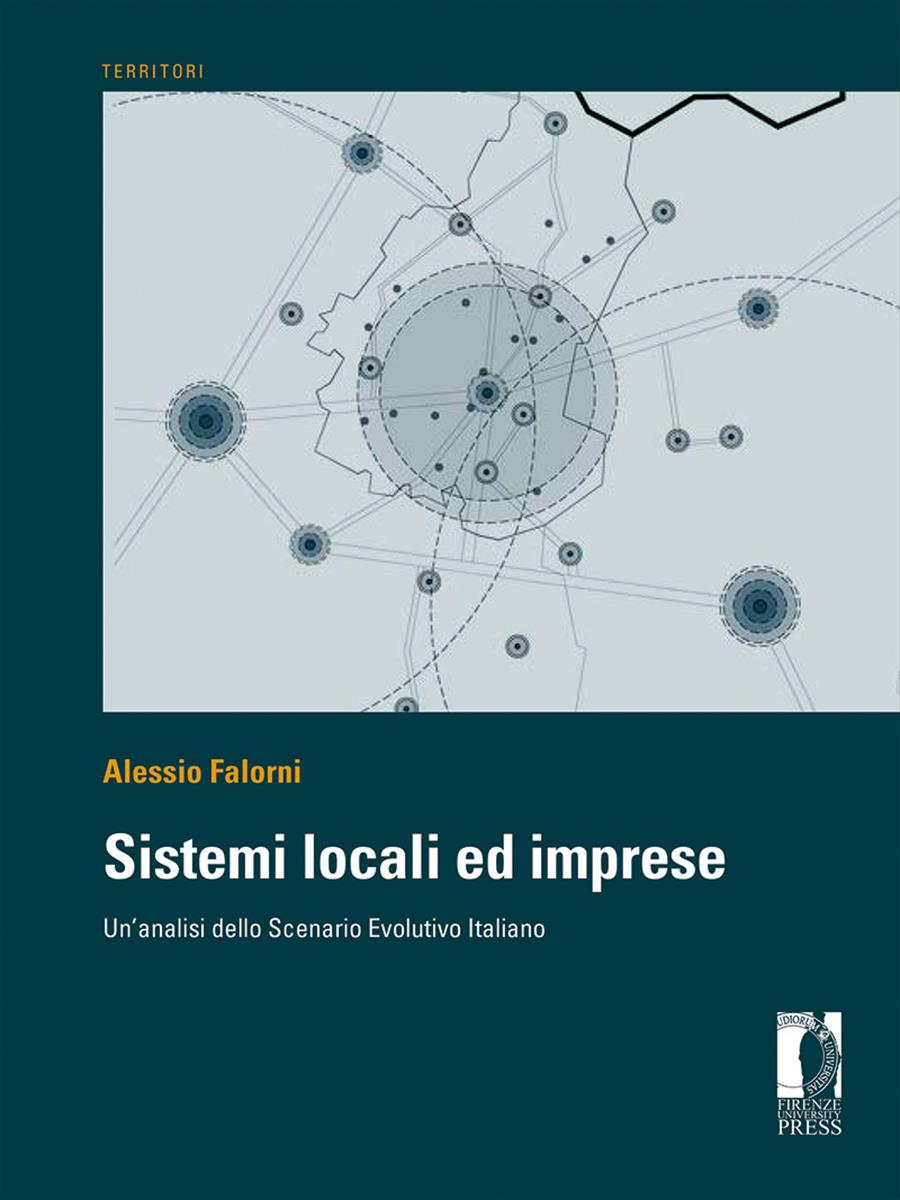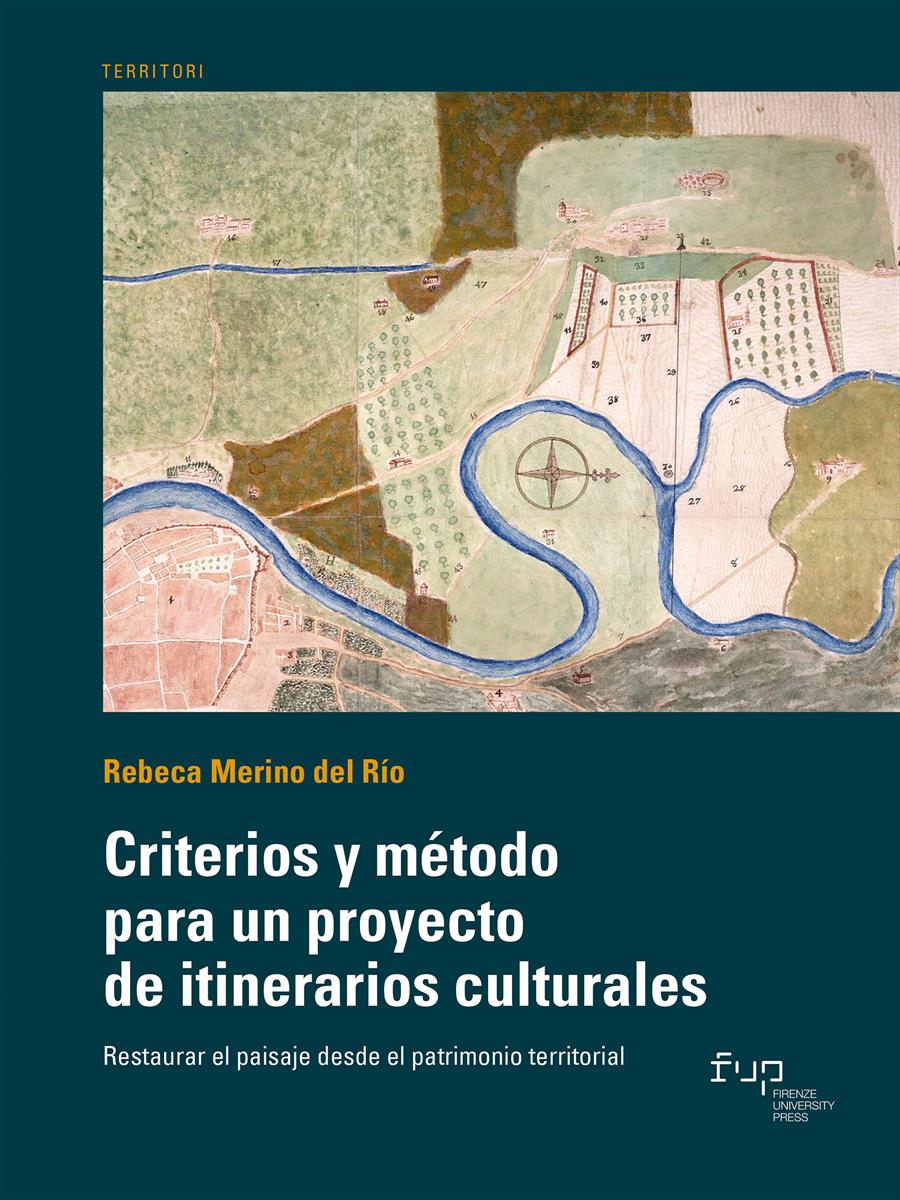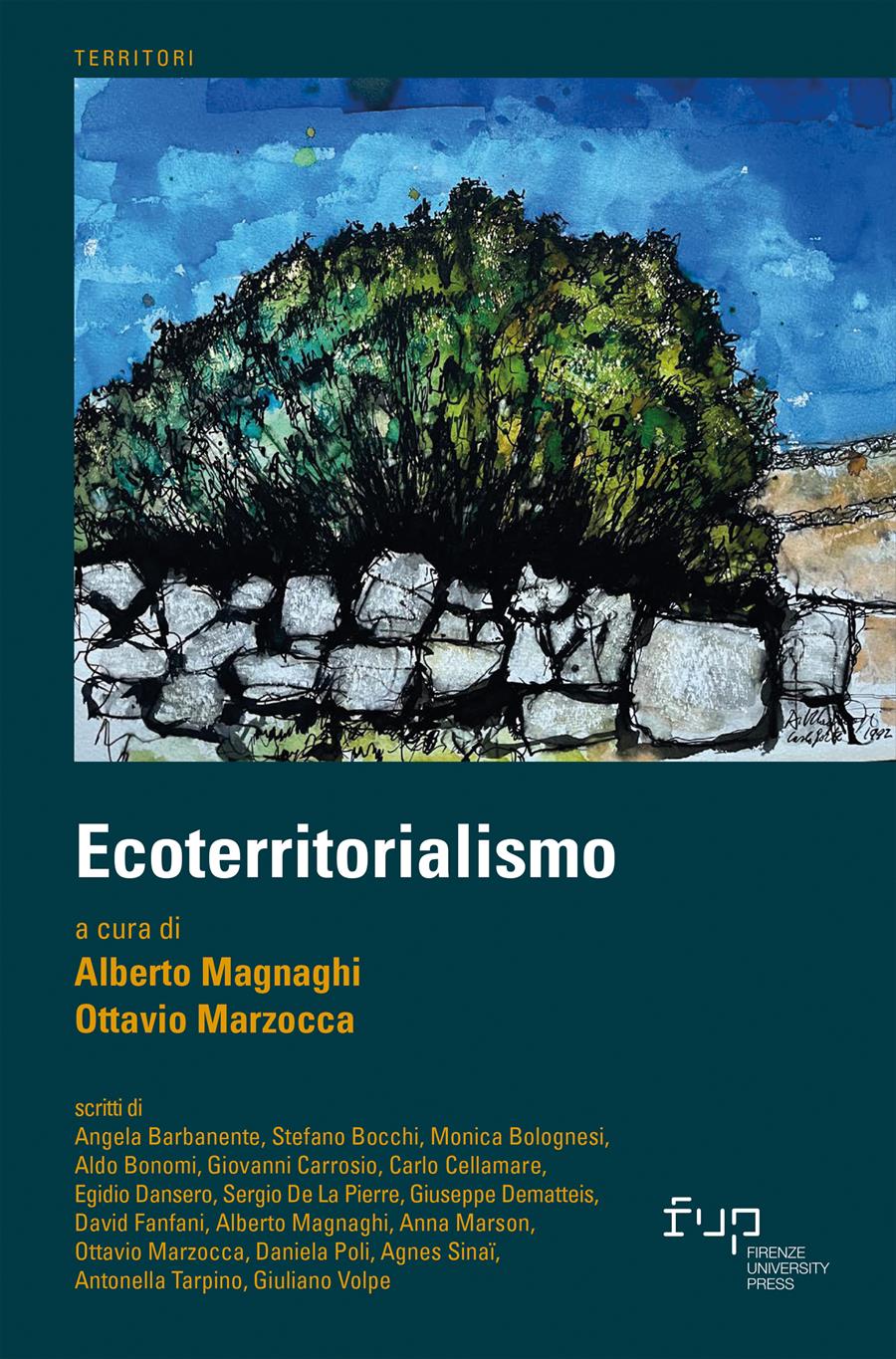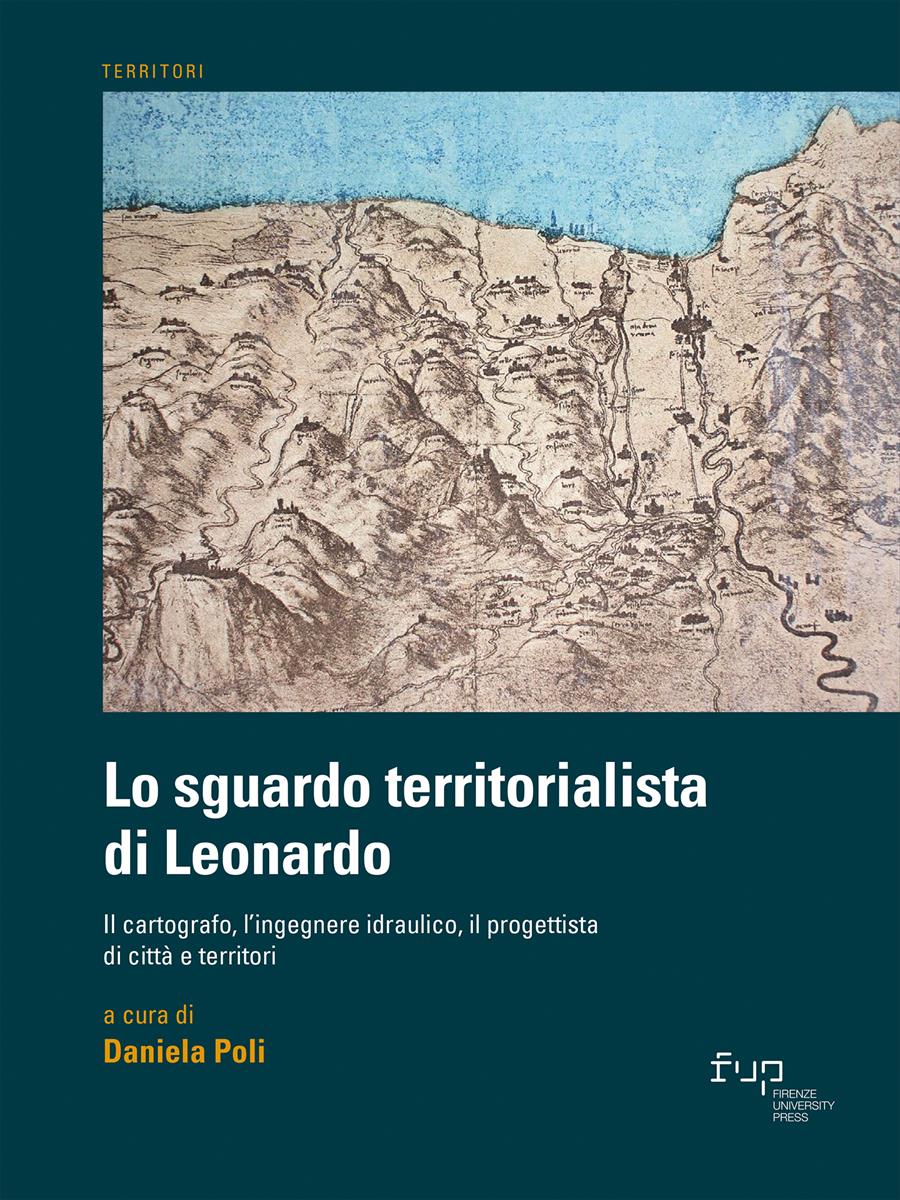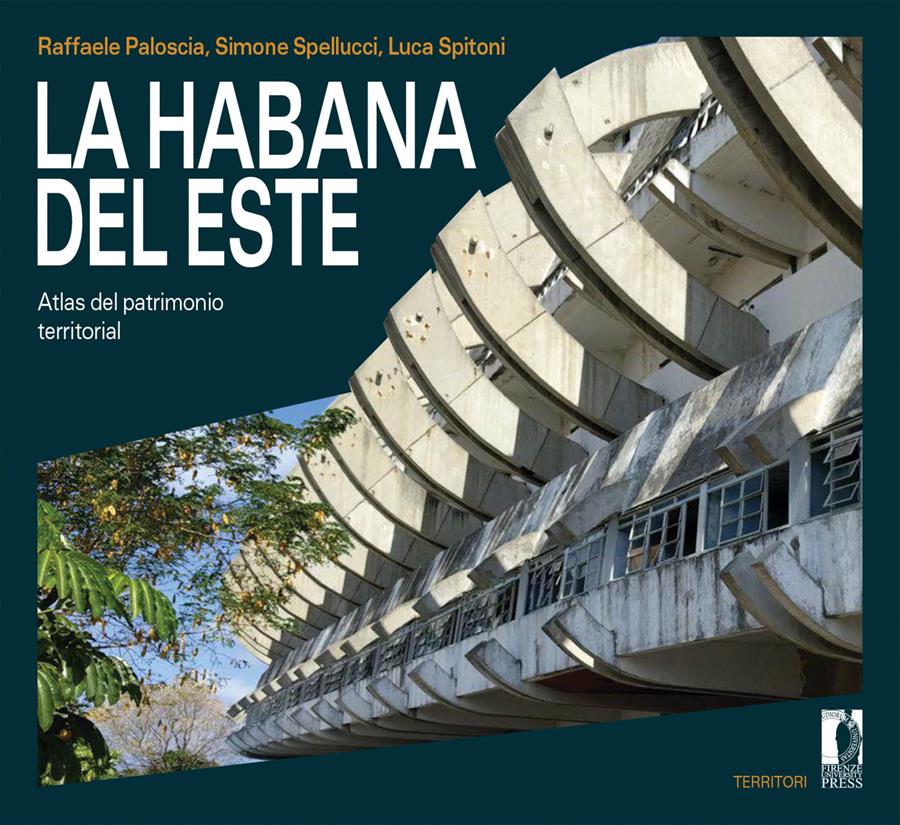Sistemi locali ed imprese: un’analisi dello scenario evolutivo italiano
- Alessio Falorni,
This study focuses on the main evolutionary dynamics which affected the Italian local employment systems (SLL) between 2001 and 2010, while examining their main economic and socio-demographic characteristics. The goal is to understand whether the reality of small and medium-sized manufacturing companies and their districts is truly heading towards an 'epochal decline', with a hierarchy of competitive advantages being established by urban contexts rather than by district or peripheral ones. Therefore, if the territory is still the protagonist of the events of local economies, and not a mere recipient, it makes sense to promote a territory-study perspective while dealing with the themes of economy and development in its multiple dimensions.
- DOI: 10.36253/978-88-6655-376-2
- Series: Territori
- Scientific Board
- Language: Italian
- Subjects: City Planning
Purchase
University of Florence, Italy
- Publication Year: 2013
- Pages: 602
- eISBN: 978-88-6655-376-2
- Content License: CC BY-NC-ND 3.0 IT
- © 2013 Author(s)
- Publication Year: 2013
- eISBN: 978-88-9273-503-3
- Content License: CC BY-NC-ND 3.0 IT
- © 2013 Author(s)
Bibliographic Information
Book Title
Sistemi locali ed imprese: un’analisi dello scenario evolutivo italiano
Authors
Alessio Falorni
Peer Reviewed
Publication Year
2013
Copyright Information
© 2013 Author(s)
Content License
Metadata License
Publisher Name
Firenze University Press
DOI
10.36253/978-88-6655-376-2
eISBN (pdf)
978-88-6655-376-2
eISBN (xml)
978-88-9273-503-3
Series Title
Territori
Series ISSN
2704-5978
Series E-ISSN
2704-579X
